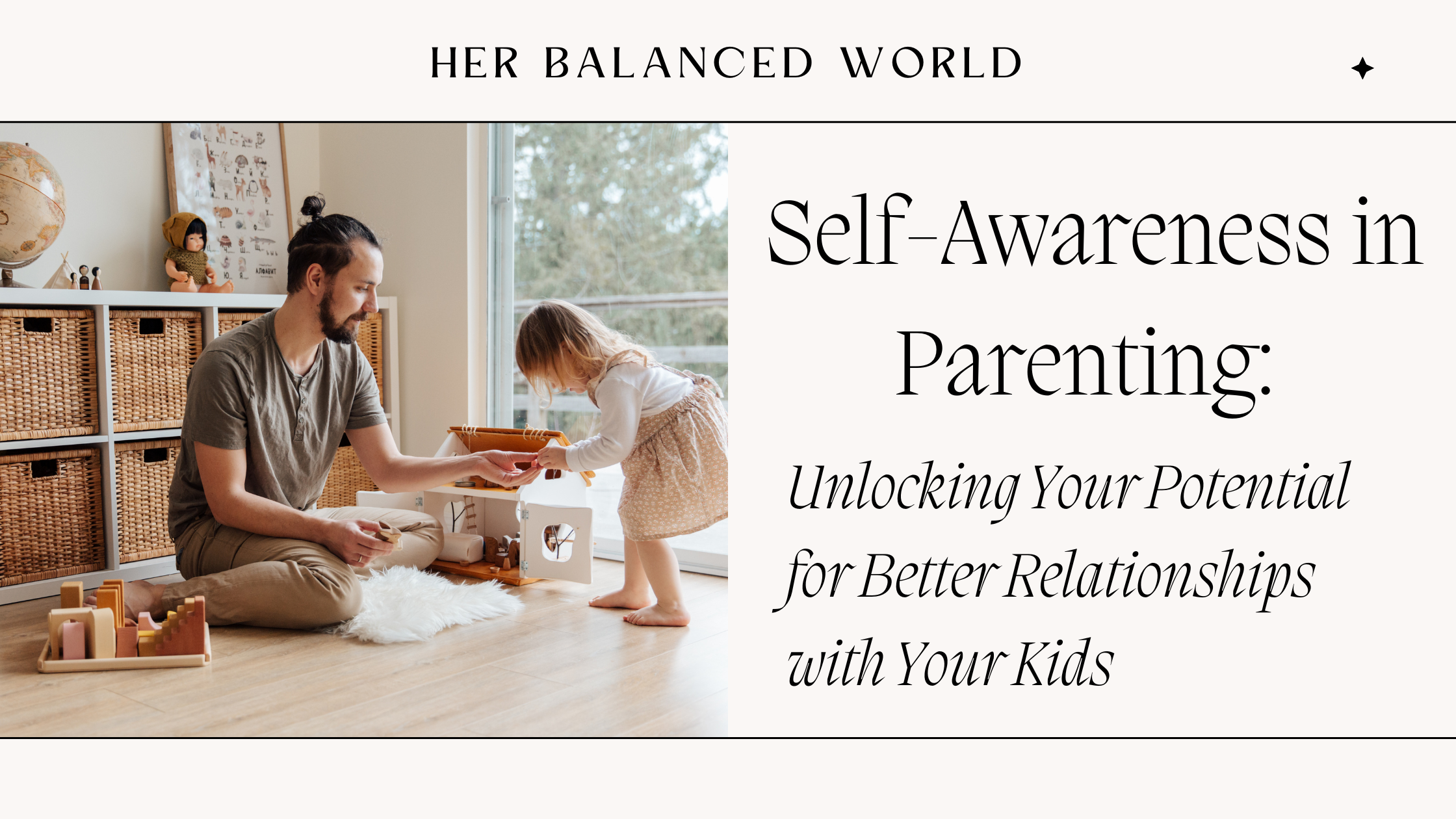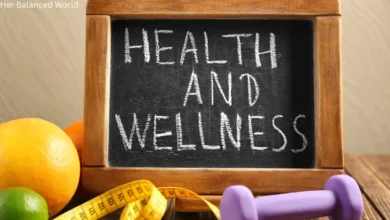Self-Awareness in Parenting: Unlocking Your Potential for Better Relationships with Your Kids

Parenting is a journey filled with both challenges and joys. Recently, I had the opportunity to chat with Jonathan Arenburg (See his impressive Bio at the end of this post) , an author, speaker, retired firefighter, and owner of the blog The Road To Mental Wellness. Jonathan shared some profound insights about self-awareness in parenting. His words resonated deeply with me, and I wanted to share both his wisdom and my own reflections in this article.
Navigating the Chaos of Parenting

During our conversation, Jonathan candidly shared:
“When my kids were small, they often drove me nuts. The screaming, the running, and the relentless questions—hearing ‘Dad!’ a hundred times a day can understandably get on anyone’s nerves. This often led to deep sighs, constant reminders like ‘Don’t eat that,’ and the occasional raised voice: ‘Stop it!'”
If that sounds familiar, it’s because most parents can relate. As he pointed out, “Parenting is hard, and like every other area of life, you’re bound to make mistakes. What truly matters is how you deal with them.”
The Lasting Impressions We Leave

We explored the idea that every parent leaves a mark on their children—for better or worse. While it’s often said that parenting doesn’t come with a manual, Jonathan argued otherwise:
“Most of us step into parenthood with little understanding of human nature, let alone the intricacies of how children’s minds work. Yet, there’s a wealth of knowledge available on how humans respond to their environment, how to nurture mental and physical health, and how to optimize overall well-being.”
This is an empowering perspective. It reminds us that we don’t have to navigate parenting blindly—resources and strategies are within reach. However, he also emphasized that our own mental health and self-awareness play a critical role in shaping our parenting.
The Role of Self-Awareness

One of the most striking points from our discussion was this:
“What you bring to the table—your personality, mental health, and resilience—can either support or sabotage your best intentions. For example, if you have untreated or undiagnosed PTSD, parenting can become uniquely challenging.”
This hit home for me. It’s a reminder that parenting starts with understanding ourselves. Whether it’s addressing mental health challenges, managing stress, or simply taking time to recharge, our self-awareness directly impacts how we interact with our children.
Honest Conversations with Your Kids

Jonathan shared a powerful example of opening up to his children about his struggles:
“Daddy has an illness that makes me scared easily. It’s not your fault, but I need your help by trying not to be too noisy around me. You can be noisy outside or in your room.”
This level of honesty fosters trust and helps children understand that parents, too, are human. As he explained, “Children will likely have questions, and it’s best to answer them honestly but on their level.”
Knowing Your Parenting Style

Not everyone faces mental health challenges, but we all bring unique traits to parenting. If you’re introverted, for instance, the chaos of family life can feel especially draining. Jonathan’s advice?
“Knowing this about yourself can help you create a more balanced environment. Plan activities in quieter spaces like libraries, museums, or calm coffee shops. These settings can help you conserve energy while still engaging with your children.”
Tools to Support Your Parenting Journey

To nurture self-awareness and manage stress effectively, it’s helpful to have practical tools at your disposal. Here are two Amazon-recommended items that can support your parenting journey:
- Parenting with Love and Logic: Teaching Children Responsibility – This book provides actionable strategies to help parents raise responsible, self-reliant children.
- Calm App Subscription Gift Card and Puzzles – A fantastic way to incorporate mindfulness and relaxation into your daily routine.
Taking Care of Yourself

Ultimately, parenting is as much about nurturing yourself as it is about nurturing your children. As Jonathan wisely put it:
“What you bring to the table—your mental health, personality, and self-awareness—will either enhance or hinder your parenting. So, take the time to care for yourself. Whether that means seeking therapy, setting boundaries, or simply carving out moments of rest, your well-being is key to becoming the parent your children need.”
This conversation left me inspired and reflective. Parenting isn’t about perfection; it’s about progress. By taking the time to understand ourselves and actively work on our well-being, we can create a more positive, nurturing environment for our children.
What are your thoughts? I’d love to hear how you’ve navigated the journey of self-awareness in parenting. Let’s continue the conversation in the comments below!
Jonathan Arenburg is a multifaceted mental health advocate, blending his expertise as a writer, blogger, speaker, trained counsellor, and published author. He is the author of The Road to Mental Wellness (2021) and shares valuable insights through his blog, theroadtomentalwellness.com.
Arenburg’s dedication to mental health awareness extends to his contributions as a co-columnist for his local newspaper, where he authored articles for the column, “Mental Health Talk” series. He has also collaborated with the Government of Nova Scotia, offering consultations on improving mental health care services. As a experienced speaker, he has appeared on numerous podcasts and events, sharing his journey and expertise.
Residing in the serene town of Berwick, Nova Scotia, Jonathan embraces a quiet life, continuing to inspire and advocate for mental well-being.
Learn more about Jonathan and his work here:


